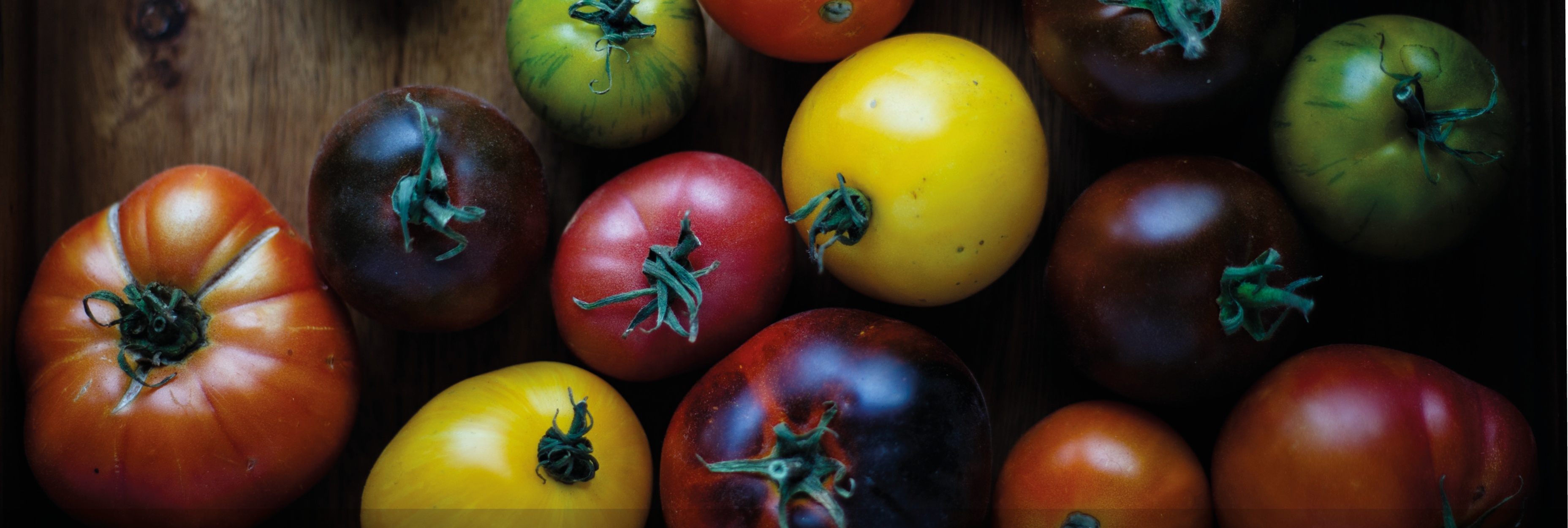Imagine a garden where we grow vegetables instead of grass, fruits instead of flowers and edible fishes instead of koi carps. This is urban farming. It is the practice of cultivating plants and raising animals within and around cities.
Many chefs already appreciate the idea of buying locally sourced products. It provides fresher food and offers the possibility of direct contact with producers. But urban farming is much more than just a source for freshly grown vegetables and fruits. The activity brings greater impact on the community by contributing to the local economy, and creating functioning ecological spaces.
According to UNFAO, urban garden plots can be up to 15 times more productive than rural holdings. An area of just one square metre can provide 20 kg of food a year. Additionally, urban farming can provide a possible solution to the effects of climate change by strengthening cities’ resilience to it and consequently it can play an important role in global food security.
As urban populations throughout the world are growing more than twice as fast as rural populations, there is an increasing realisation that urban agriculture can potentially play a crucial role in making cities more sustainable.
As the urban farming movement grows, here are five innovative projects transforming the food system around the world:
Last year, Accor Hotels, one of the world's biggest hotel chains, announced that it would reduce food waste by 30% by 2020. In order to accomplish that, among other initiatives, the group announced it`s commitment to create vegetable gardens in most of its 3.900 hotels.
Other initiatives to achieve its target include the commitment that sites will measure their food waste and use that data to drive waste reduction. Internal trials with Accor Hotels have shown that sites which adopt these measures can cut food waste by 50% by value.
With a third of all food being thrown away every year, food waste costs one trillion dollars annually, and generates 3.3 Gtonnes of CO2 equivalent, there is plenty of room for businesses to save money whilst also reducing greenhouse gas emissions associated with farming and transport.
This London-based initiative engages and inspires communities about sustainable food production, while producing delicious fresh salads, herbs, and even fish. Grow Up Urban Farms use both aquaponic and vertical growing technologies to produce over 435 kg of greens and 150 kg of tilapia every year.
The Grow Up Box combines hydroponics (growing plants in a nutrient solution without soil), and aquaculture (fish farming) to create an efficient closed loop system. In the 20-foot container, tilapia are farmed in tanks specially designed to ensure the fish enough room to grow. Located on the top of the container, plants are cultivated in vertical columns. The water from the fish tanks circulates through the columns, where the fish waste provides nourishment to about 400 plants. The fish and greens are sold to local restaurants and online retailers.
The initiative also houses GrowUp Urban Farms, which is a project that consults for people looking to build their own boxes in London, or other parts of the world.
In China, an American design firm is looking to reinvent the way that Shanghai grows food in order to feed its 24 million people in a more sustainable way. The Sasaki planning and urban design company has amazed the world with its masterplan for a 250-acre urban agricultural district in Shanghai called Sunqiao.
The project will include residential, commercial and public spaces integrated with an urban farm spread out across several buildings that will hydroponically produce spinach, kale, bok choi and watercress under LED lights and nutrient-rich water. Those vegetables will then be sold to local grocers and restaurants. The firm expects to launch the project by 2018.
Increasing population, shifting diet and climate change will pose serious challenges to our food supply chain and food security. According to the FAO, it will be necessary to produce 60% more food by 2050. A population growing towards 9 billion people and a shift towards more meat consumption means that global food production needs a dramatic increase to meet these needs.
Another reason to be concerned is the greater amount of land that is necessary to increase food production. Thinking of ways to fix some of the problems, Aerofarms has been developing a vertical farm that can grow plants without soil, sunlight or water. Based in New Jersey, United States, this ambitious project is set to produce 2 million pounds of leafy greens a year. They achieve it by placing plants in trays stacked 30 feet high, instead of stretching them down through the soil.
When it comes to start an urban farm, creating a good-looking space isn't usually a priority for the majority of us. But, it certainly is for Woha. For the award-winning architecture company, urban farm can be both useful and beautiful.
The firm uses the rooftop of its Hongkong Street office shophouse for a 2,100 sq ft organic urban farm with more than 100 species of edible plants, which are shared among the staff. Other than just providing food, the garden is also a place for staff to relax and destress.
The project, which cost $50,000, was completed last month. Some of the highlights of the gardens include vines creating a canopy to provide shade in the open-air area. And, an aquaponics system, which consists of a tilapia fish pond and a sloped planter bed. The office also makes its own compost from food scraps.
The simple act of planting a garden can provide delicious fresh products, serve as an relaxing landscaping, contribute to minimising climate change, and shape issues like economics, health, and education. All at the same time. We have the chance to start turning agriculture into a sustainable activity. Would you consider purchasing ingredients from urban farms? Are you currently in contact with urban farm around you? Tell us about your experience with local producers in the comment below:
Photo credit: Vince Lee via Unsplash









Comment on my blog